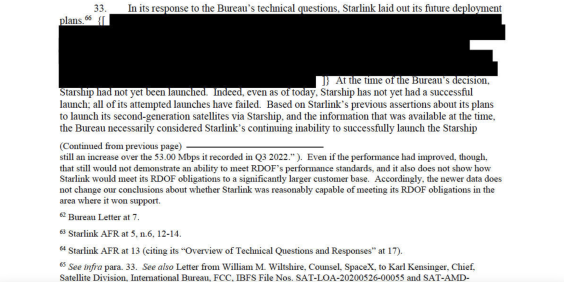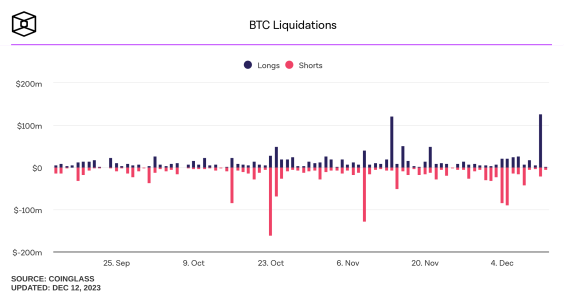This is not investment advice. The author has no position in any of the stocks mentioned. Wccftech.com has a disclosure and ethics policy.
GLP-1 drugs have been billed as the long-awaited panacea for the obesity pandemic that continues to ravage an ever-increasing segment of the global population. However, a new study published today has shed fresh limelight on the limitations associated with relying solely on pharmaceutical interventions to achieve an ideal BMI.
Glucagon-Like Peptide-1 (GLP-1) hormone plays an important role in regulating hunger. Novo Nordisk sells its Semaglutide GLP-1 drugs under the Ozempic and Wegovy labels. Eli Lilly and Company, on the other hand, sells its Tirzepatide GLP-1 cocktail under the Mounjaro and Zepbound labels. These drugs stimulate the release of insulin in the pancreas, block the unhelpful release of glucagon after meals to prevent excess glucose from entering the bloodstream, and slow gastric emptying to reduce the overall food intake. Concurrently, GLP-1 receptors also suppress the brain's stress response and reward/reinforcement mechanism to increase the feeling of satiation. Over time, patients can reduce their daily caloric intake by around 20 percent, leading to significant weight loss.
MORGAN STANLEY: “.. 5% of the US population is taking #GLP1 drugs, with 11.4% of households having at least one member currently taking GLP-1s ..” [Huberty] $LLY $NVO $CPB $HSY pic.twitter.com/p2VyDvJQnW
— Carl Quintanilla (@carlquintanilla) December 5, 2023
Morgan Stanley recently estimated that around 11 percent of US households - corresponding to roughly 5 percent of the total population - currently have at least one member on a weekly regimen of GLP-1 drugs, with another 17 percent of the households open to the possibility of a family member adopting this pharmaceutical intervention.
Capital Group recently estimated that the Total Addressable Market (TAM) of these GLP-1 drugs is well over 2 billion people. This supports the projection that the annual sales of these drugs will hit the $100 billion level by 2030.
JAMA Study: "From randomization (at week 36), those switched to placebo experienced a 14% weight regain and those continuing Tirzepatide experienced an additional 5.5% weight reduction during the 52-week double-blind period."
This brings us to the crux of the matter. A double-blind study recently found that after 36 weeks of treatment with Eli Lilly and Company's Tirzepatide GLP-1 offering (now marketed under the Zepbound label), patients lost an average of 20.9 percent of their body weight. However, after 36 weeks, some of the patients were randomly switched to a placebo. While those continuing to receive Tirzepatide doses maintained their weight loss trajectory, those receiving placebo doses went on to regain around 14 percent of their body weight, neutralizing much of the weight loss induced through the drug.
These findings suggest that patients will have to adopt a life-long commitment if they want their GLP-1-induced weight loss to persist.
Last week, Eli Lilly and Company announced that its Zepbound GLP-1 drug may cost as low as $25 for a 1-month or 3-month prescription with commercial medical insurance that provides specific coverage.













